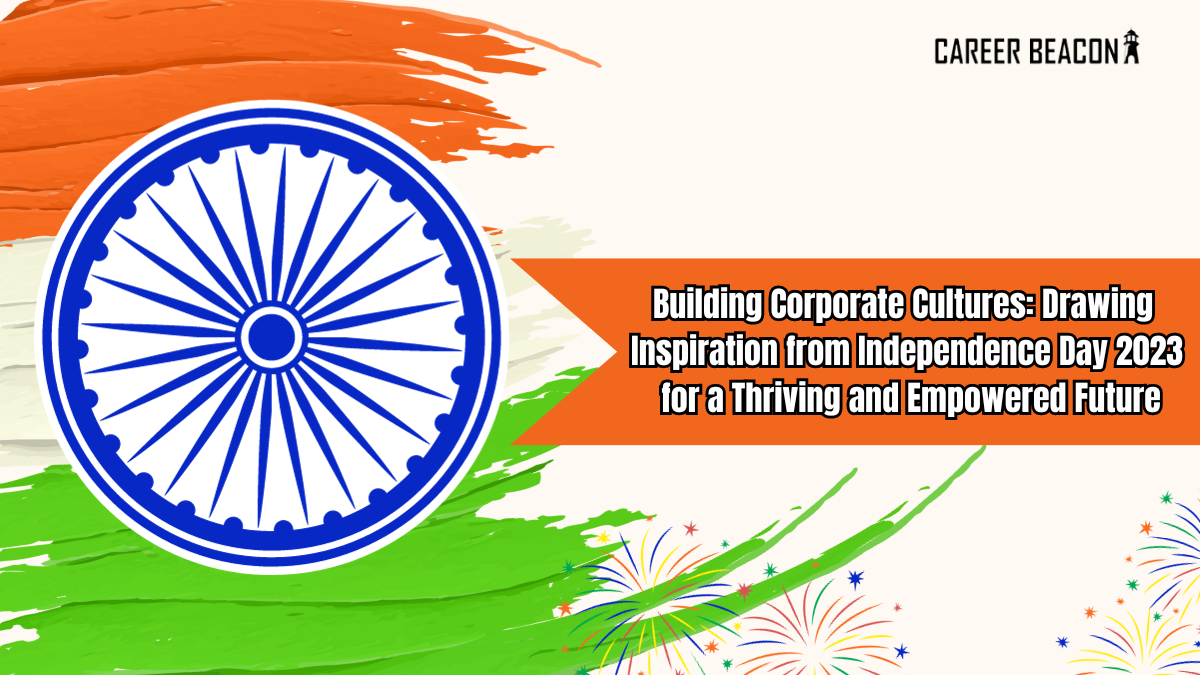
Ace the Interview
Everyone has the first interview in his or her work history. With your first interview under your belt, it will get much more comfortable. Your first job interview need not be the palm sweat-inducing, teeth-chattering experience you are making it out to be. You have the skills, you are hardworking, and you are perfect for the job.
Sitting with a potential employer in a fluorescently lit conference room as they ask you why you are the best candidate for the position takes some getting used to. Nevertheless, as they say, practice makes perfect.
Keep the following tips handy when preparing for your first job interview, and soon enough, you will be on your way to becoming an interview enthusiast.
Here are tips to help make that first interview a success.
- Homework: Take some time to research the company, so you are familiar with how they operate. There is a lot of company information available online. Check out the “About Us” and “Careers” section of the company website if you are interviewing with a large employer. And, check social media pages to ascertain the company’s current focus, to answer the “what do you know about us”.
Use Your Connections to Get the Inside Scoop
If you know someone who works at the organization or who can put you in touch with a current or former employee, you’ll be able to gather the information that can give you an advantage over the other applicants.
Check Linkedin to see if you have contacts at the company you can use to get insider information. Suppose your college has an alumni network tap that, as well. Ask your connections about the interview process they went through when hired, ask what they like — and don’t like — about working for the organization.
Learn as much as you possibly can about the company and the job for which you’re applying. It will help you know what to ask, as well as giving you insight into the role.
Ask yourself, “Why am I the best person for this role?” Do you know someone who works at the company? Ask them about the job, the interview process, and the company. The more you know about the job, the easier it will be to answer questions about why you would be a good fit for it.
3) Practice interviewing. Review typical fresher’s interview questions and answers, use your Smartphone to record your solutions & play it back, and you may want to review the ten most common interview questions and your replies.
Not every job applicant makes it to the interview round. If you’ve made it this far, it means that the hiring manager liked what he/she saw on your resume and wants to get to know you. They will ask you questions about yourself and your experiences to see if you are a good fit for the job and can grow with the company.
An experienced interviewer will know how to assess your qualifications by using two common categories of job interview questions: behavioural and situational.
Behavioural interview questions ask about examples of past performance. “Hiring managers use behavioural questions as they recognize past performance is a good indicator of future performance,”
Situational questions ask about how you would act in a hypothetical situation. “While the responses to these questions can demonstrate a candidate’s knowledge and understanding of the best practice, it doesn’t require them to provide specific examples.
Question: How can you relate your academic experience to this particular role?
Ms Sunanda Rao Managing Editor Career Beacon says most interviewers ask this question to test how well a candidate can apply himself or herself.
The Panelist wants to understand how a student can apply previous skills to new tasks versus how much they will need training from us.
A recruiter looks for Specific examples on something that the candidate learnt and how candidates implemented to the job task.
Few smart candidates come prepared ahead of time by reading through the bullet points on the job page’s description. This way, they give a direct answer.
If the job requires a candidate to be bilingual, then if they mention how many years they have studied or practised a foreign language.
Question: What are you looking for in the next company you join?
Ms Rao says hiring managers are looking for authenticity. They want to know why a candidate is interested in them and if they are a good fit. They also want to get a feel for the candidate understands of the company and if we can offer what they are looking for.
What does a recruiter look for: Honest and genuine reply. We prepare tyros to read the website and social media posts to understand the company culture. If the company has a social mission, then we expect them to say that they want to work for an employer who shares your passion for giving back.
Question: What is your biggest regret or failure?
Mr Saurabh Deep Singhla CHRO ECOM Express Gurgaon says hiring managers are looking to understand how students react to failure and how they deal when things do not go as planned. They also test if the candidate can take personal accountability when required, besides if they have high goals or ambitions.
How you should answer: Mr Singhla says the best answer to this question he received is in IIM Kashipur with a specific example that shows what the student learnt. Candidate should quote examples college, and after that on a project or during the last semester. He failed in an important test, and then he answered by explaining how the candidate changed his study habits to get a better grade on the next one.
Question: What are your salary requirements?
Sunanda says, the candidate should always be prepared to answer this, noting that it’s better to be ready than to improvise an answer.
“Not being ready or refusing to discuss what candidate wants in detail can lead to disaster,” she says. “Never leave it in the hands of the company to determine your worth. Say what you want and then be prepared to negotiate.”
How you should answer:
Conduct research on the average salary for this role in location. Tell them what you expect to make and why. If you have years of experience in the field, mention that. If they ask a follow-up question, such as, “How did you come up with that salary?” you will then be prepared to reference the research you conducted.
Question: Tell me about a time you had to work on a project where one team member was not pulling their weight. What role did you play?
According to Scott Gordon, VP of talent solutions at Vaco, hiring managers use this question to understand past behaviour to determine future work performance. They will test how a candidate will perform on a team and simulating how you would perform in a real-life situation.
“We’re looking to learn if you are a team player, if you take the initiative and how you follow through,” explains Gordon.
How you should answer: Give a specific example. It would be best if you had one prepared ahead of time to explain what happened, how you handled the confrontation and what the result was. Always end with a positive, successful solution, or provide what you learned from that specific situation.
Most Importantly “When the hiring manager asks: ‘Do you have any questions for me?’ we expect candidates to take out their notes and ask some specific questions about what they do. shows your interest,” Kristi Jones, director of talent acquisition at Spring Venture Group, says. “It shows that you did some homework and preparation before the interview and that you took the initiative in searching for additional information.”
With a little practice and preparation, you will be on your way to having a great first interview. Moreover, remember, even if you do not get the first job you interview for, do not give up. The above pointers will help you practise interviewing, so you will be more comfortable with the process.
Last but not least Dress appropriately. Choose simple and appropriate attire for the position you are getting interviewing. If you are not sure what to wear, ask an adult family member, teacher, or guidance counsellor. Look at what you should not wear to a first job interview, as well.
Design all smart answers in advance
You will face these questions—and more like them—because hiring managers need to know that the person they hire has both feet planted firmly on the ground.
The key to having a successful interview—whether it’s your first or your fiftieth—is to prepare ahead of time, Dress appropriately, and try to stay calm.
Practising answering interview questions beforehand is also hugely helpful.
Credit
Kristi Jones, Director of talent acquisition at Spring Venture Group
Saurabh Deep Singhla CHRO at E Com Express
Scott Gordon, VP of talent solutions at Vaco
Sunanda Rao Managing Editor Career Beacon


